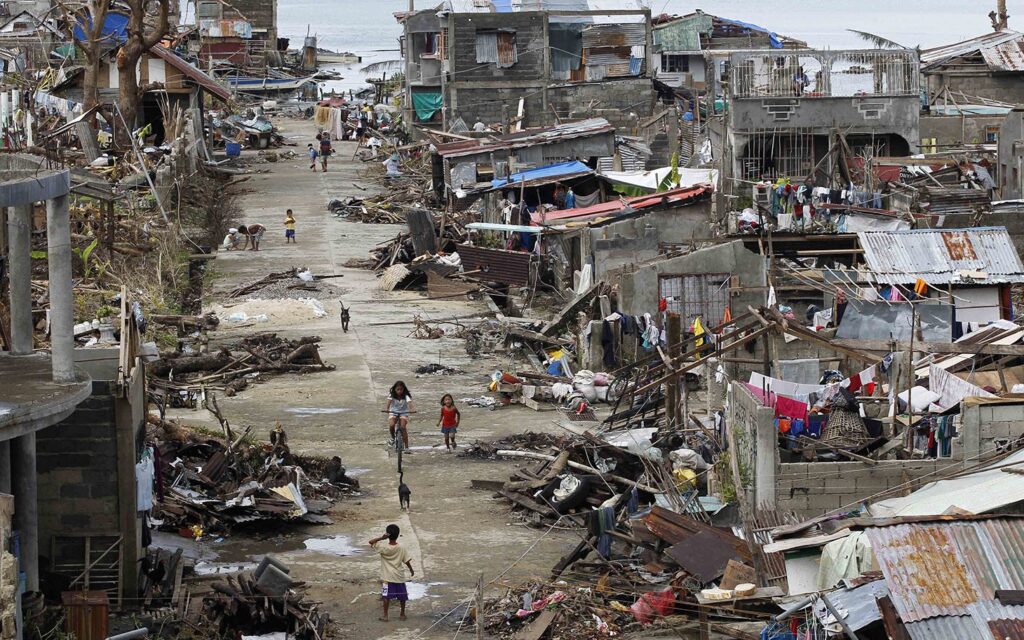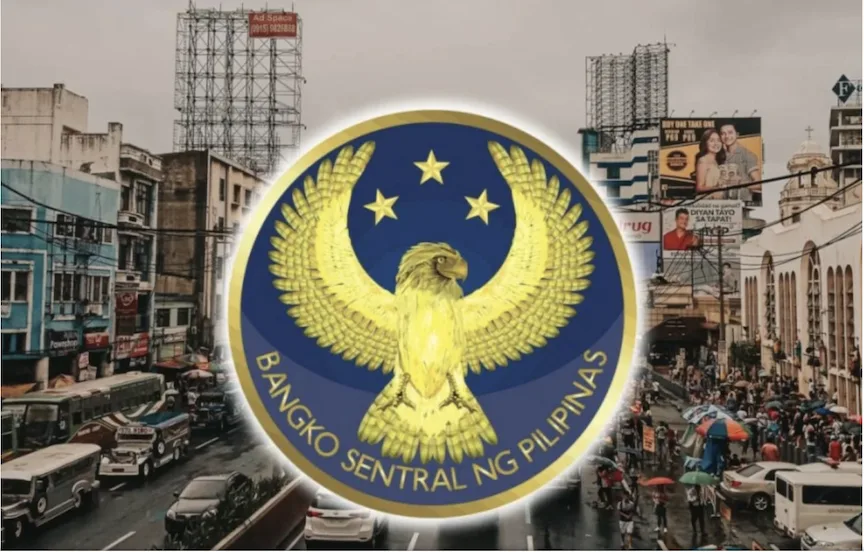The Bangko Sentral ng Pilipinas (BSP) has enhanced its regulatory relief policies to better support banks and borrowers in areas hit by natural or human-induced calamities — a move that reinforces the central bank’s commitment to financial stability and disaster resilience.

BSP Governor Eli M. Remolona Jr.
“These reforms highlight our dedication to enhancing operational resilience of banks and delivering meaningful support to affected borrowers,” said BSP Governor Eli M. Remolona, Jr. in a press statement.
“By ensuring that banks can continue to provide essential services and assistance during times of crisis, we help protect the stability of the banking sector and the welfare of those who depend on it,” he further stated.
BSP expands loan relief for disaster-hit borrowers

Under BSP Circular No. 1221, Series of 2025, banks are encouraged to grant loan payment deferments of up to 12 months for borrowers in the agriculture sector — one of the industries most vulnerable to calamities.
Longer deferment periods may also be approved depending on the extent of the damage and recovery needs.
The BSP said banks must consider several factors before approving extensions, such as their past experience with similar events, the actual production cycle, crop rehabilitation period, and each borrower’s unique circumstances. No additional charges will be imposed during the relief period.
For other borrowers in calamity-stricken areas, banks may now extend a grace period of up to six months for loan repayments.
The updated policy also formalizes the relief mechanism first introduced in January for victims of Typhoons Kristine, Leon, Ofel, and Pepito, broadening its scope to include future natural and human-induced disasters.
Central bank ensures cash access during calamities

To maintain cash flow in affected areas, banks that are not yet members of PhilPaSSPlus — the BSP’s real-time payment and settlement system — may withdraw cash directly from BSP regional offices and branches until December 31, 2027. This measure ensures funds remain available for relief operations and local economic activities.
The BSP also allows the temporary easing of identification requirements for opening accounts or conducting financial transactions during calamities, so displaced individuals can still receive aid and manage their money even if personal documents have been lost or damaged.
Banks themselves can avail of several relief measures, including:
- Financial assistance for their own affected officers and employees;
- Temporary exclusion of loans of affected borrowers from past-due or non-performing classifications;
- Easier requirements for adjusting operating schedules, temporarily closing branches, or delaying the opening of new ones; and
- Staggered recognition of losses from damaged physical assets.
The central bank said these regulatory relaxations are designed to keep banks operational in difficult conditions, ensuring communities can recover more quickly after a disaster.








